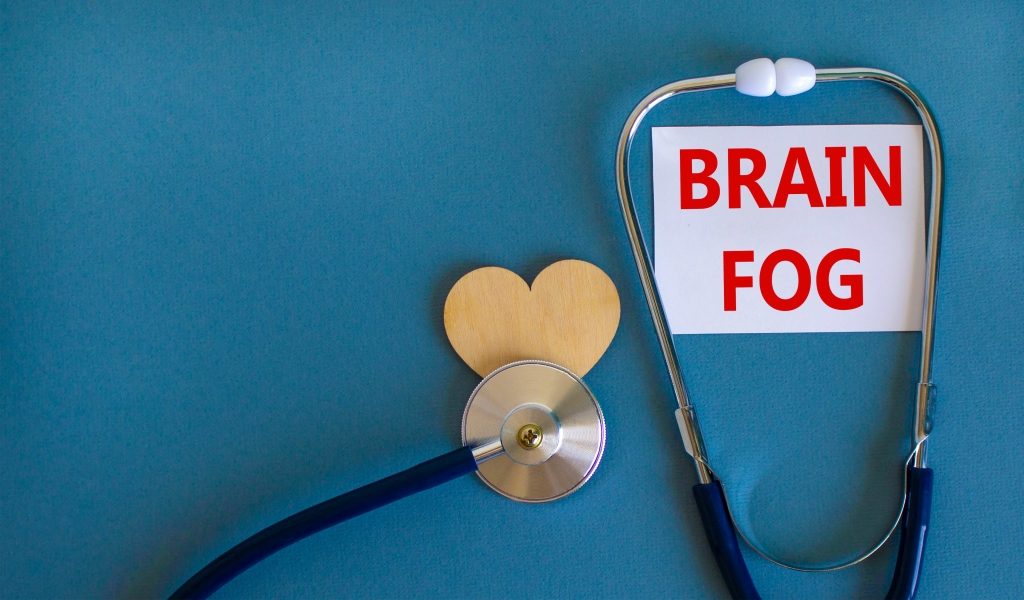While moderate wine consumption is generally safe for most people, it is not without risks. Excessive alcohol consumption can lead to addiction, liver disease, and other health complications. Blood in the urine (hematuria) after drinking alcohol may be a sign of kidney damage. Other possibilities include urinary tract infection (UTI), bladder inflammation, cancer, liver disease, or other underlying medical conditions. Red wine might offer potential health benefits, especially for the heart and kidneys, when you consume it in moderation.
Furthermore, the potassium content in vinegar, although small, can be a concern for individuals with CKD who are advised to follow a low-potassium diet. Impaired kidneys may have difficulty eliminating excess potassium, leading to hyperkalemia, a potentially dangerous condition that can affect heart function. Yes, there are several alternatives to red wine, such as non-alcoholic wines or grape juice, that can provide similar flavors without the alcohol content. These options can be enjoyed while taking into consideration dietary restrictions and individual medical advice.
Through tiny units called nephrons, they separate waste from essential substances. Each kidney contains around one million nephrons, showcasing their efficiency. If you experience any of these symptoms, it is crucial to seek medical attention. Some medicines, both prescription and over-the-counter, may interact with alcohol. There are other medicines that may cause your blood alcohol level to rise. Check drug labels and ask your pharmacist or doctor to review your medications to make sure alcohol will not be harmful with your medication.
Can alcohol cause high protein in the blood?

Our team of experienced, compassionate urologists are here to assist you. For instance, you should abstain if you are pregnant or under the age of 21. If you are being treated for a kidney-specific condition, please talk to your doctor about your alcohol intake. Your kidneys are complex, performing several important jobs to keep you healthy.
Moderation and Consumption Guidelines
However, heavy drinking correlates with a higher risk of developing kidney disease. The kidneys process alcohol, and excessive amounts can overwhelm them, increasing the likelihood of kidney damage. While moderate consumption may have some benefits, heavy drinking increases urination and may lead to dehydration. Dehydration affects the kidneys’ ability to filter waste effectively. Long-term abuse can result in chronic kidney disease due to persistent high blood alcohol levels. This condition may reduce the kidneys’ filtering capabilities, leading to waste https://kdp-radomsko.pl/alcohol-use-disorder-nutrition-during-recovery/ buildup in the body.
International Patients
Follow the instructions to your nephrologist, as they are aware of your current condition. Below are some safe drinks to consume if you have issues with your kidneys. It counts as fluid, so remember that when you are planning your beverages. They tend to have more medication, blood pressure, blood sugar, and potassium interactions to consider with them. Please consult your health care team when you are considering herbal teas in your diet.

Can drinking wine lead to high blood pressure, which can in turn affect kidney health?
In moderation, wine is wine bad for your kidneys does not negatively affect kidney function. In fact, some studies have shown that moderate wine consumption may have a protective effect on kidney function, reducing the risk of kidney disease. It’s important to note that everyone is different, so always consult your doctor before making any such changes to your diet.
Now that we have covered some of the nutrients in alcohol, let’s look at how alcohol can affect the body and nutrients inside the body. If you or a loved one is struggling, contact us today to learn more about a healthier and sober life. A standard drink is generally considered to be 5 ounces of wine. Exploring these options gives you the opportunity to enjoy social events without overloading your kidneys. This content references scientific studies and academic research, and is fact-checked to ensure accuracy.
- But what happens if you have an evening of heavy binge drinking?
- Excessive red wine consumption can be detrimental to kidney health, especially for those with existing kidney conditions.
- High blood pressure also increases your risk of kidney disease.
- You might wonder how kidneys handle various substances, including alcohol and beer.
- If wine is considered a part of the Mediterranean diet—which is continually ranked the best diet for weight loss by the U.S.
Best Drinks for Kidney Health
- Responsible drinking limits the risk of adverse effects on kidney health.
- Kidney failure and alcohol use are often linked, and it seems there’s no turning back once damage is done.
- Always consult your doctor or pharmacist before consuming alcohol while taking any medications.
It is important to remember that this research is still in its early stages, and should not be taken as a definitive treatment plan. Before adding white wine and olive oil to your diet, you should consult with your doctor first to ensure that it is safe for you. Doing so could help you to reap the anti-inflammatory benefits of this combination and reduce your risk of kidney disease. It’s important to keep in mind that the potential health benefits of red wine are largely based on observational studies, and more research is needed to determine any definitive conclusions. There are also other ways to get many of the same health benefits as drinking red wine—such as eating healthy foods rich in antioxidants and exercising regularly. Studies have also suggested that drinking red wine may help reduce the risk of heart disease.
This happens when the kidneys lose the ability to properly filter blood and maintain proper fluid and electrolyte balance (7). The condition results in the accumulation of toxins and waste drug addiction products. In severe cases, dialysis or a kidney transplant is needed for survival (8).
- Proper hydration also supports normal blood flow to the kidneys.
- News & World Report—then there must be something healthy to it, right?
- We will cover the nutritional aspects of how alcohol can effect the kidneys.
- Additionally, the kidneys help regulate blood pressure, stimulate red blood cell production, and contribute to bone health.
- Excessive alcohol consumption is a well-known risk factor for developing chronic kidney disease (CKD).
Drinking Alcohol With Kidney Disease Can Be Done Right. Here’s How.
Drinking too much alcohol—even for a completely healthy person—can cause heart disease, liver disease, high blood pressure and kidney disease, in addition to many other medical problems. Drinking too much alcohol can also impair judgment—and this could interfere with decision making related to remembering to take medicines and following fluid and diet guidelines. Dehydration can lead to kidney damage and increase the risk of kidney stones. Binge drinking occurs when more than five drinks are consumed in about two hours.
